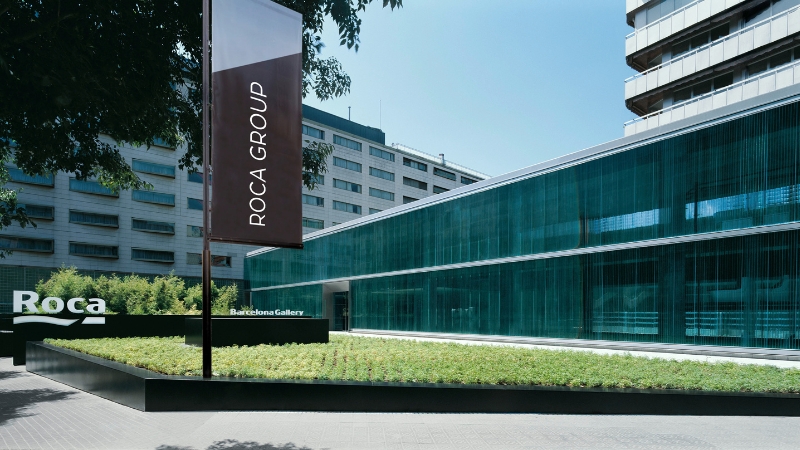The fact that Minecraft is the world’s best-selling video game, and perhaps just as popular as games like https://daftarroulette.online/, dispels the myth that the public aren’t interested in shaping their environment. Generations raised on sandbox video games such as SimCity can attest that planning is addictive, even primal, as long as they are given the right tools.
A fleeting mention of the Planning Bill in the Queen’s Speech hinted that the government is keen to introduce greater use of digital technology to the UK’s planning system, including web-based local plans.
The majority of the UK’s Chartered town planners believe that local authorities should be able to continue to hold at least some of their meetings virtually.
The finding emerged from a survey of the RTPI’s membership, part of the Institute’s response to the Ministry of Housing, Community and Local Government’s call for evidence on local authority remote meetings.
The RTPI’s survey asked for members’ views on the use of arrangements which allowed local authorities to hold meetings remotely or in a hybrid format in England until 7 May due to the coronavirus pandemic.
90% of respondents said that local authorities should continue to have the express ability ‘to hold at least some meetings remotely’, while 88% thought the remote meeting arrangements worked either ‘well’ or ‘very well’.
The RTPI’s response to MHCLG’s call for evidence recommends a hybrid arrangement in the short- to medium- term due to the ongoing public health emergency. It also says that the ability to meet remotely should be available to planning committees permanently.
RTPI Chief Executive Victoria Hills said: “The RTPI was surprised that the Government failed to introduce primary legislation allowing remote council meetings in England to continue beyond 7 May. It was disappointing because legislation had been enacted in Wales and Scotland permitting the holding of such meetings.
“Now, following the news of a four-week delay to lockdown easing, it’s more important than ever before that the government introduce legislation as a matter of urgency to reinstate the ability for virtual planning committee meetings to be held.
“This is not just a public health issue – with an increasing number of members of the public wanting to get involved in planning their local places, spaces and services post-pandemic, virtual planning committees have ensured that planning and the decision-making process have reached a wider, more diverse audience.
“The use of remote local authority meetings in the long-term would also lead to a reduction in the overall need to travel, therefore helping play a role in achieving net-zero targets.
“Further, it may go some way to attracting a wider diversity of councillors who may find virtual attendance at Council meetings more convenient.”
The impact of using technology to engage the public in planning can be seen in projects such as Trent Basin, a major housing and waterside redevelopment project, which had its plans rendered by public opinion in the digital world. Agency Deetu brought the designs by Proctor & Matthews Architects to life, and public scrutiny.
On a dedicated website, residents navigated their way through 3D visualisations of the proposed scheme. The website attracted over 1,000 visitors, a 1,500% increase in participation compared to engagement on previous development phases, and over 170 survey responses were received.
Josh Dickerson, Associate Director at Deetu, explained that the thoroughness of the visuals, animations and flythroughs were crucial. “However, a careful balance needed to be found,” he said. “Although the proposals were thorough, it needed to be clear that the development was still in the design process and not a final piece. The engagement was therefore not just a poll of support, but real, detailed responses that influenced the design and planning application.”
Feedback reshaped the foundations of the scheme, with greener spaces and car-free streets built in at the public’s behest.
Andrew Matthews, Director, Proctor & Matthews Architects, said: “We were also challenged by the planners on some of the more innovative aspects of the scheme including whether the higher densities proposed would be attractive to families. That was converted to a question for the public survey and 70% of respondents turned out to be in favour.
“Views were also sought on whether the public would be willing to walk from a ‘parking barn’ around five minutes’ from front doors. This earned the support of around 90% of respondents, this provided our team with the confidence that this approach to parking would work and empowered our application by presenting public support for these proposals.”
This first consultation, which recently secured a place as a finalist at the Planning Awards 2021, was born out of the pandemic which prohibited face-to-face contact. However, while its origins were forged by lockdown, the success of the project hints at the future of planning.




